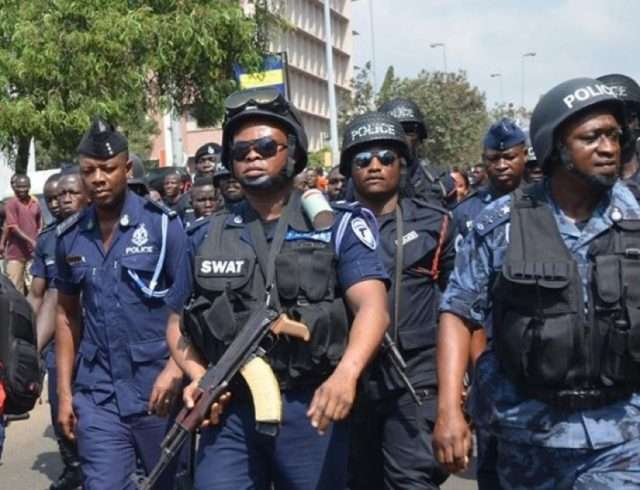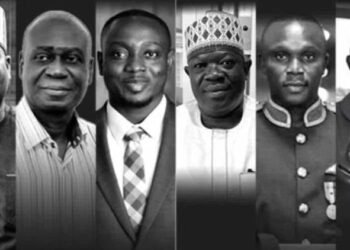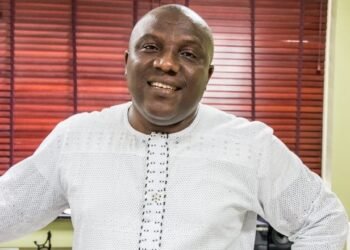Calls for an independent police commission in Ghana have resurfaced amid fresh concerns about unchecked police misconduct following the recent Ablekuma North incident.
Speaking on the issue, Prof. Ernest Kofi Abotsi, Dean of the UPSA School of Law, emphasized that political incentives often hinder genuine efforts to reform the country’s security oversight systems.
He explained that maintaining some control over the police offers powerful incentives, making institutional change difficult to enforce.
Prof. Abotsi referenced the Emile Short Commission’s recommendations following the Ayawaso West Wuogon by-election, which advised creating a fully independent body distinct from the Ghana Police Service.
“There should an independent police commission, quite separate from the police service itself, that can obviously oversee the actions of the security agencies and look into what happened. The reason for that recommendation way back in 2019 was for us to move away from a situation in which the police are police unto themselves.”
Prof. Kofi Abotsi
According to him, the root of the problem lies in the current structure, where the police are often tasked with investigating themselves during allegations of misconduct.
He explained that “when the police misbehave, the police will have to investigate the police,” a situation he described as counterintuitive.
Drawing comparisons with global practices, Prof. Abotsi highlighted that most jurisdictions deploy an autonomous entity to supervise investigations into police behavior. He added that “typically it doesn’t make sense for an entity to investigate itself.”
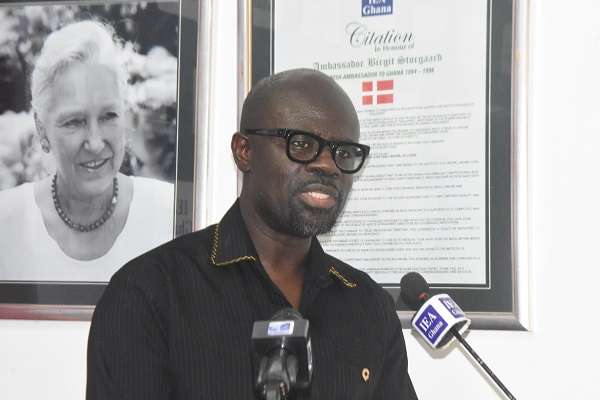
The proposed independent police commission would be responsible for addressing complaints of police brutality, professional misconduct, and general abuses of power.
Prof. Abotsi explained that such a body would not only accept public reports but also conduct its own hearings and investigations, ensuring that actionable remedies are enforced.
He stressed that this system offers a critical layer of accountability missing from Ghana’s current law enforcement oversight structure.
Ghana Risks Violence Ignoring Police Commission, Reforms
Prof. Kofi Abotsi further reflected on how, despite the Emile Short Commission’s public hearings and clear recommendations, the government had failed to implement the proposed reforms.
He described it as deeply regrettable that the government, which had funded the commission’s work, eventually dismissed its conclusions. He stated that “the hearings were actually public, and everybody saw what happened.”
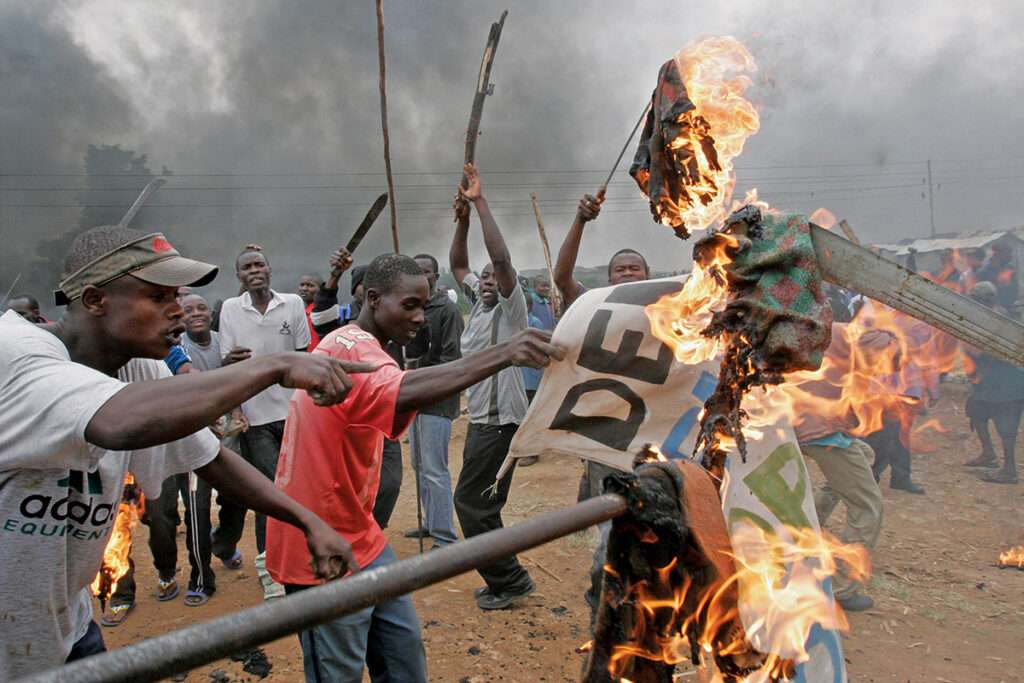
He emphasized the lasting trauma and harm caused by the Ayawaso West Wuogon violence, reminding Ghanaians that many victims still suffer today. “There are people who have severed limbs. There are people who suffered greatly because of the violence.”
Accordingly, Prof. Abotsi questioned why recommendations that could help prevent such tragedies continue to be ignored.
He expressed concern that the rejection of the commission’s findings seemed driven more by political disagreements than factual inaccuracies.
“To think of the fact that we substantially rubbished the outcome of the commission’s work, merely because of a disagreement with the outcome, is one that I find quite troubling. And as I indicated, the report is still there, and it can be implemented. And we still have a lot more elections ahead of us moving forward into the future.”
Prof. Kofi Abotsi
Prof. Abotsi warned that Ghana’s failure to address these systemic policing issues leaves the country vulnerable to repeated cycles of electoral violence.

He pointed to recent disturbances in Ablekuma North as further evidence of the persistent dangers posed by unchecked police power.
He also mentioned the upcoming elections in Akwetia, stressing that the situation remains precarious as the country prepares for several general elections in the years ahead.
Reflecting on Ghana’s political history, Prof. Abotsi said that after every major election-related incident, authorities tend to investigate and make recommendations, but little changes once the headlines fade.
He insisted that it is critical for Ghana to move beyond mere lamentation, pointing out that recommendations made after forensic investigations should be implemented promptly to prevent future crises.
He added that “we cannot constantly come around and complain and lament and brood over something that typically we could have taken action on.”
Accordingly, Prof. Abotsi made a renewed appeal for the establishment of an independent police commission, arguing that Ghana cannot afford to ignore this critical reform any longer.
He stressed that continued failure to create such an independent body will only perpetuate cycles of violence and mistrust between citizens and law enforcement agencies.
READ ALSO: Ukraine Welcomes Trump’s Plan To Send Weapons Via NATO

